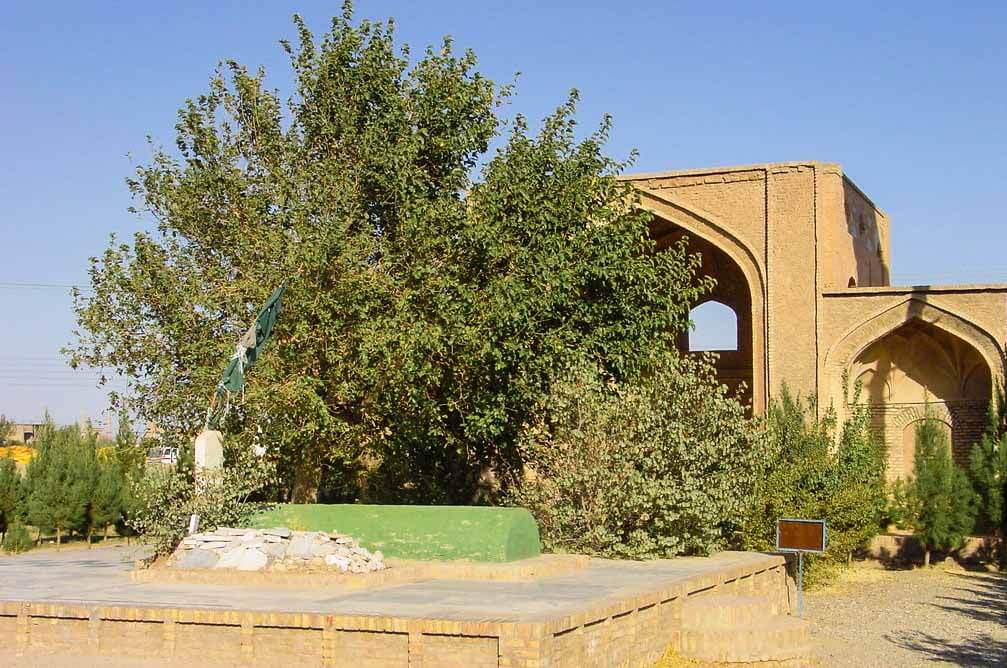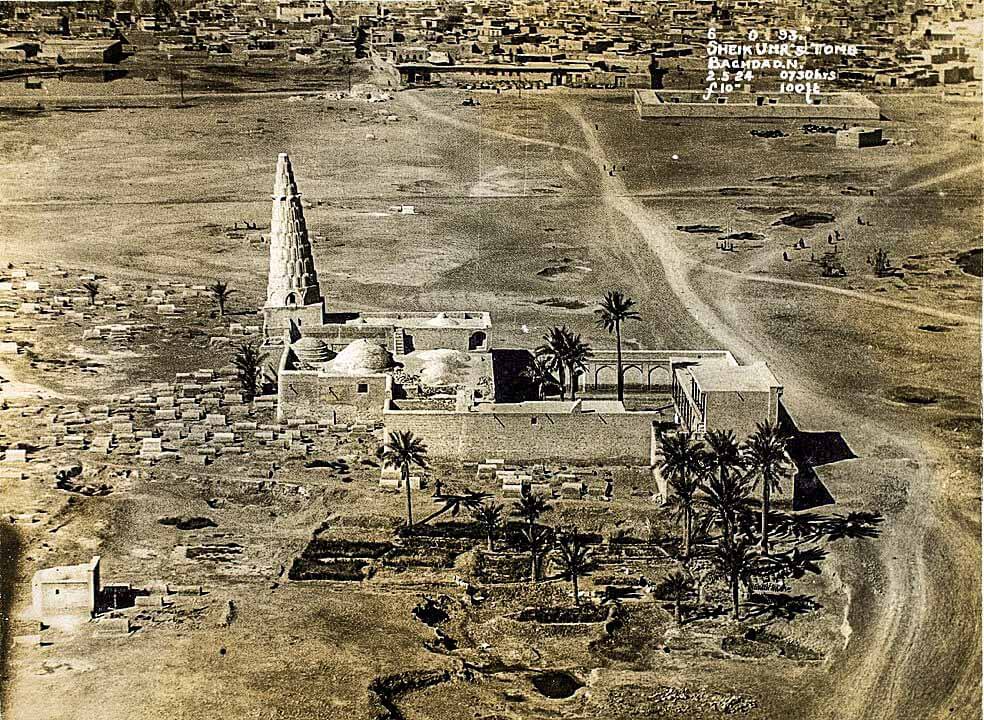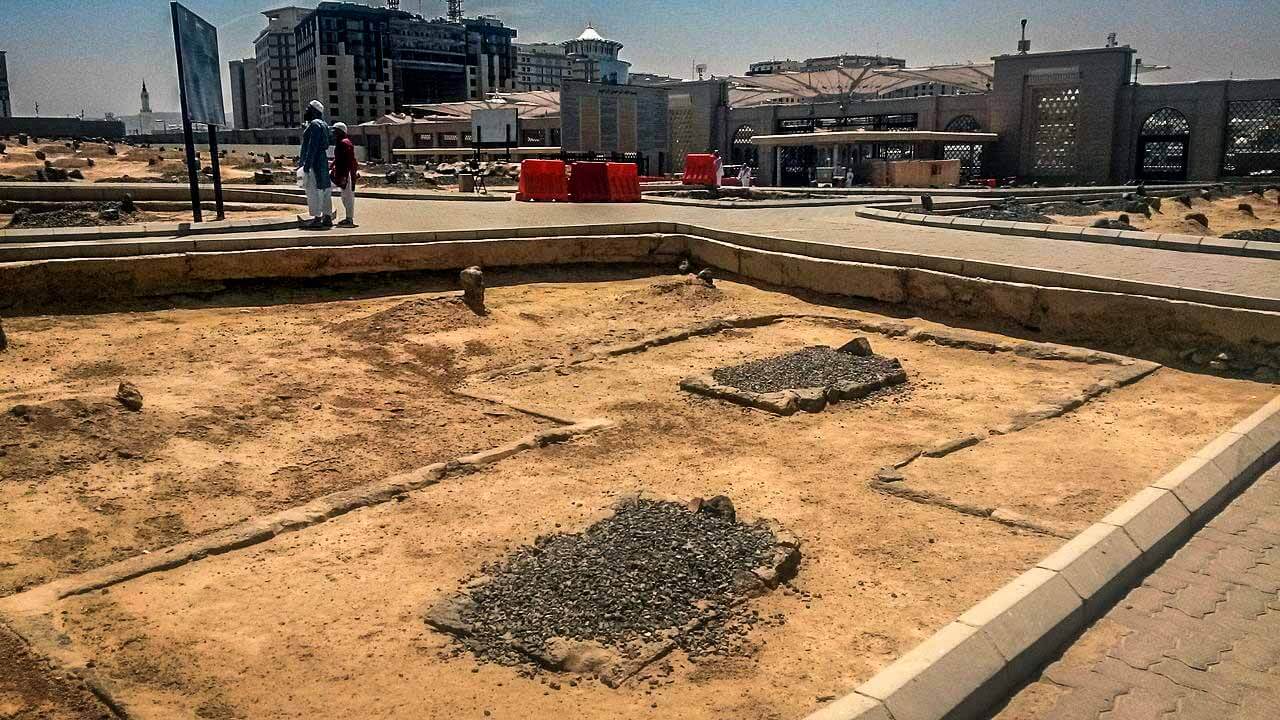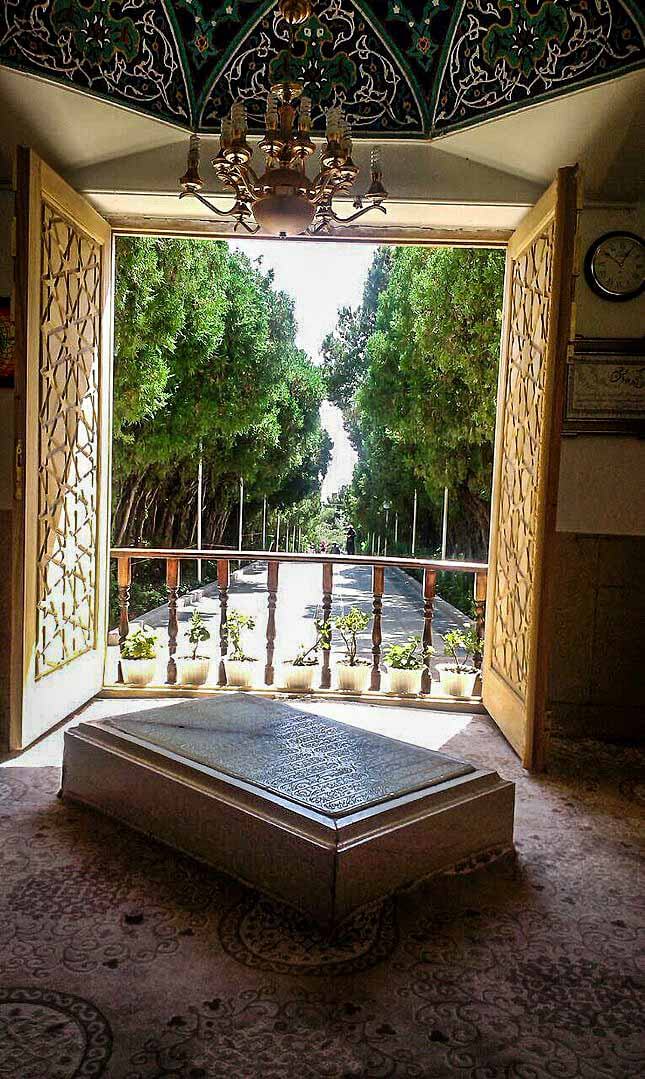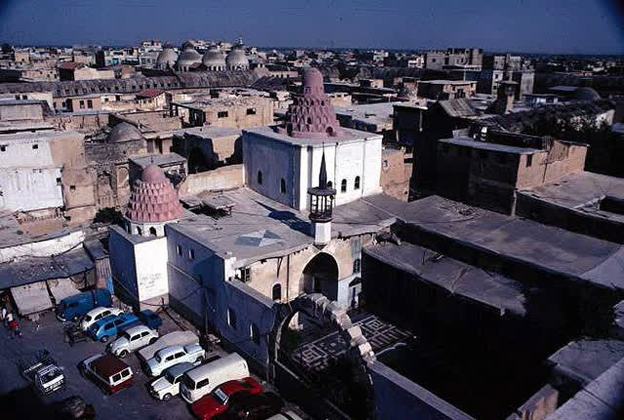Herat, Afghanistan
Coordinates: 34.365022, 62.183611
Fakhruddin Razi (26 January 1150 – 29 March 1210) often known by the sobriquet Sultan of the theologians, was a Persian polymath, Islamic scholar and a pioneer of inductive logic who made various works in the fields of medicine, chemistry, physics, astronomy, cosmology, literature, theology, ontology, philosophy, history and jurisprudence.
He was one of the earliest proponents and skeptics that came up with the concept of Multiverse, and compared it with the astronomical teachings of Quran.
A rejector of the geocentric model and the Aristotelian notions of a single universe revolving around a single world, Al-Razi argued about the existence of the outer space beyond the known world.
Al-Razi was born in Rey, Iran, and died in Herat, Afghanistan. He left a very rich corpus of philosophical and theological works that reveals influence from the works of Avicenna, and al-Ghazali.
Two of his works titled Mabahith al-mashriqiyya fi ‘ilm al-ilahiyyat wa-‘l-tabi‘iyyat (Eastern Studies in Metaphysics and Physics) and al-Matalib al-‘Aliya (The Higher Issues) are usually regarded as his most important philosophical works.
His commentary on the Quran was the most-varied and many-sided of all extant works of the kind, comprising most of the material of importance that had previously appeared.
He devoted himself to a wide range of studies and is said to have expended a large fortune on experiments in alchemy.
He taught at Rey (Central Iran) and Ghazni (eastern Afghanistan), and became head of the university founded by Mohammed ibn Tukush at Herat (western Afghanistan).
In his later years, he also showed interest in mysticism, though this never formed a significant part of his thought.



